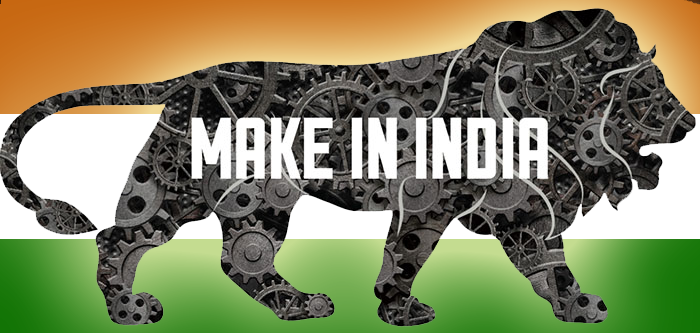Glitzy campaigns won’t improve business climate
Ravi Shanker Kapoor | October 27, 2016 10:52 pm

The Narendra Modi government’s disappointment at the World Bank’s latest Doing Business report is misplaced if not churlish. The report has ranked India at 130 among 190 nations on the ease of doing business. This is an improvement of just one notch, despite the Prime Minister’s vow to place India in the top 50 group and his well-publicized endeavors to improve the business climate.
The report has clearly annoyed Commerce & Industry Minister Nirmala Sitharaman who tweeted, “Disappointed at our rank this year. Many of our reformatory steps were after WB deadline. Hopefully, with other steps, will help next yr.” In a similar vein, Ramesh Abhishek, Secretary, Department of Industrial Policy & Promotion, told Wall Street Journal, “We will continue to engage with the World Bank on what we have done so far and what we intend to do in the future to improve India’s rankings.”
The government had better do that. And engagement should be not just with the top global lender; the authorities ought to heed to the bodies which champion the cause of freedom in general and economic liberty in particular. For instance, there is the Fraser Institute of Canada which brings out an annual report on Economic Freedom of the World. The 2016 edition, announced last month, placed India at 112th, out of 159 countries and territories. This was a fall of 10 positions. According to the report, India “fared badly” across categories including legal system and regulation.
The Index of Economic Freedom 2016, prepared by the US-based Heritage Foundation and Wall Street Journal, also showed India in a bad light for similar reasons. It ranked 123 among 179 countries, though it was an improvement over the 128th rank in 2015. Heritage too blamed “the absence of a well-functioning legal and regulatory framework” for “corruption [which] remains a serious impediment to the emergence of a more dynamic private sector.”
Civil servants at all levels are known to accept bribes or engage in other corrupt behavior, usually with impunity, said the report. “India’s judiciary is independent, but courts are understaffed and lack the technology necessary to clear an enormous backlog. Uncertainty about land ownership is one of the biggest problems facing the economy.”
Further, the Heritage-WSJ report said, “Organizing new investment and production remains burdensome. Launching a business takes more than 25 days on average, and licensing requirements are costly. The underdeveloped labor market lacks efficiency, and the informal sector remains an important source of employment.”
Interestingly, these are not the facts that only foreign experts could perceive. Among other official documents of our country, National Manufacturing Policy 2011 said, “On an average, a manufacturing unit needs to comply with nearly 70 laws and regulations. Apart from facing multiple inspections, these units have to file sometime as many as 100 returns in a year. This kind of compliance burden puts-off young entrepreneurs and they are not willing to take up an entrepreneurial role. As a result, a large number of people who could have been self employed and would contribute to further employment and enhance economic activity, end up accepting jobs much below their potential.”
The issue of ‘inspector raj’ has been raised a million times; and all manner of ministers have made a million pledges to root it out. Yet, it is there.
This is not to say that the Modi regime has done nothing to improve the ease of doing business; efforts indeed have been made, and have been noticed by the World Bank and others. But not many efforts have been made to enhance economic freedom.
The Fraser Institute uses 42 data points to construct a summary index and to measure the degree of economic freedom in five broad areas: size of government (expenditures, taxes, and enterprises); legal structure and security of property rights; access to sound money; freedom to trade internationally; and regulation of credit, labor, and business.
The Modi government’s performance in these areas is mixed at best. The size and scope of government has increased; and if the fiscal deficit is not a big problem at present, it is because of the lower oil prices rather than prudence in public finance. There have been no administrative or judicial reforms. Credit, especially to small and medium enterprises, is problematic. Foreign trade is not such an issue, but then regulation is, particularly the labor regime.
Against this backdrop, the government would be well-advised to work on these mundane, unsexy subjects rather than organize glitzy campaigns for such schemes as Make in India and Start-up India.






























